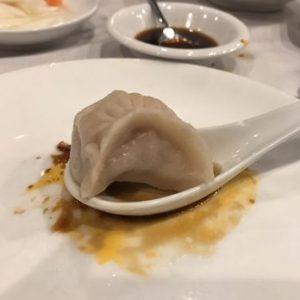A new smartphone application released by the Chinese Food and Drug Administration means food safety issues can now be reported by uploading images straight to the app.
 The center for complaints and reports of the FDA introduced the software recently to make such an operation easier. In the application, users can report five kinds of food safety issues including expired foods, inedible objects in foods, smoking in restaurants, food providers without certificates and unwanted promotion of health foods during business meetings or sightseeing trips.
The center for complaints and reports of the FDA introduced the software recently to make such an operation easier. In the application, users can report five kinds of food safety issues including expired foods, inedible objects in foods, smoking in restaurants, food providers without certificates and unwanted promotion of health foods during business meetings or sightseeing trips.
After installing and signing up for the application, users can file a complaint by simply entering the name of the food vendor, the vendor’s address, the kind of food safety issue and the description of the problem. The user can complete the first three steps by entering text, or by submitting a photo or a GPS coordinate. A special procedure is set up for anonymous complainers, and their information will only be seen by personnel designated by the FDA.
According to the FDA, the application takes full advantage of the Internet and enables citizens to report infringements of food safety laws immediately and right at the place where the violation occurs. The software can provide important evidence for supervisors.







